The Making Choices vocabulary strategy takes little or no prep, and is an easy way to engage the entire class in vocabulary practice.
It’s perfect as a strong review activity for vocabulary, making it one of my top five review activities.
? How the Making Choices Activity Works
In the Making Choices vocabulary practice activity, students show how well they understand a target vocabulary word by making choices about whether the word applies or not in a situation posed by the teacher.
The teacher tells the class the target word and gives two instructions for responses from the students: what to do or say if it’s a good example of the word, and what to do or say if it is not a good example.
When I’m using this strategy, I am flexible about the form of the word (like past or present tense). I also try to use multiple meanings of the word, if they are common (see desolation and peculiar below for examples of this).
I learned about this strategy in the book, Bringing Words to Life: Robust Vocabulary Instruction by Isabel Beck, Margaret McKeown, and Linda Kucan.
Let’s look at exactly how this works in a classroom.
? An Example of the Making Choices Strategy
If a class were reading Charlotte’s Web, and the teacher wanted them to practice using the word dejected, the teacher would say, “If any of things I say could be examples of being dejected, say ‘dejected.’ If not, put your thumb down.”
The teacher would then give several scenarios, some of which apply to the target word and some of which do not. The students respond accordingly.
For the word dejected, the teacher might say: “Would you feel dejected if you…”
- got up on Christmas morning and found no presents?
- won a prize for cutest dog?
- got an extra $10 you weren’t expecting?
- lost a game you were sure you would win?
- found out something you wanted cost much more money than you had?
- found out your teacher called your dad to tell him you were his favorite student in the history of the world?
It takes some time to get used to coming up with scenarios and ideas for what students should or shouldn’t do/say, so I created a dozen examples for you using common texts from different grade levels.
No matter what grade you teach, it’s worth skimming all of the examples to get ideas you can use with your students. Ready? Let’s look at examples!
? Kindergarten & First Grade Examples
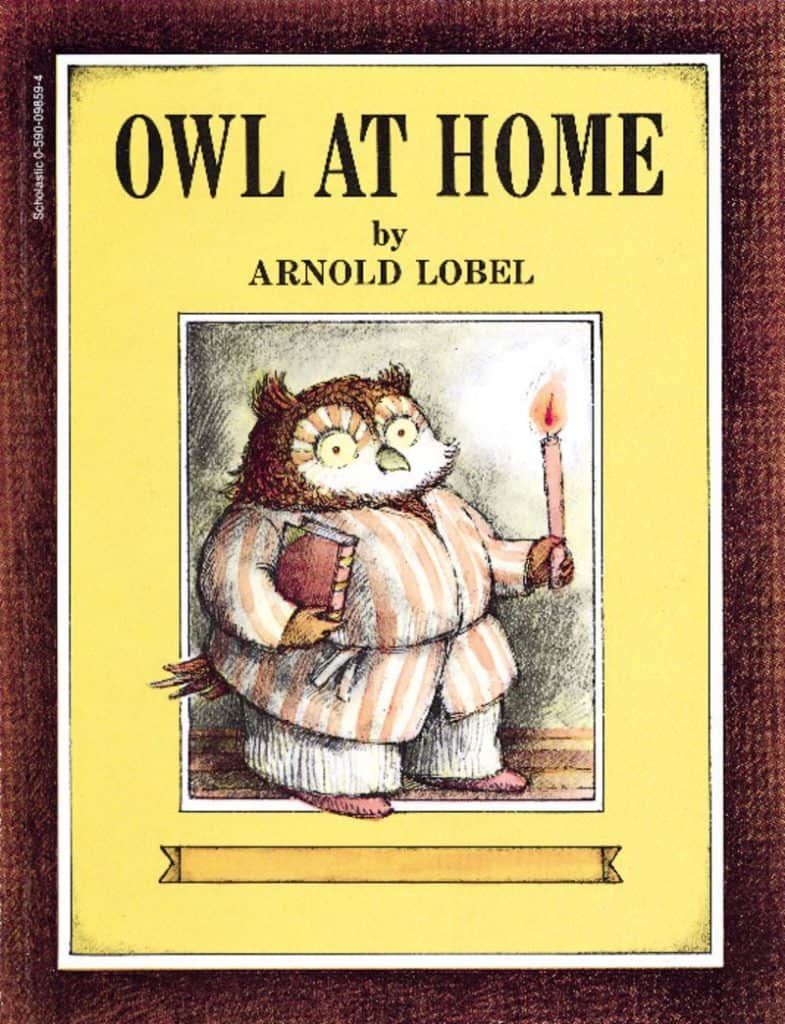
Text: Owl at Home by Arnold Lobel
Target word: whirled
Teacher says: “If any of the things I say could be examples of ‘whirled’ or ‘whirling’, spin around. If they aren’t examples, then stay still.
- When you get off of a roller coaster and your head is spinning
- When you mix up cake batter in a bowl with beaters
- When you are lying on your bed
- If you stirred chocolate syrup into milk
- When you knew you were going to get a surprise, but you didn’t know what it was, and your mind was going through all of the possibilities
- Playing the game “Candyland”
- Clothes in a washing machine
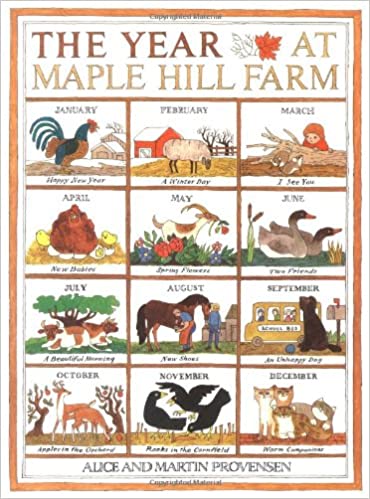
Text: The Year at Maple Hill Farm by Alice and Martin Provensen
Target Word: drowsy
Teacher says: “If any of these things could make you feel drowsy, rub your eyes. If they wouldn’t make you feel drowsy, say, ‘no’.”
- Listening to a boring talk that lasts a long time
- Being wrapped up in a warm blanket lying on the couch
- Going to the zoo
- Recess
- Lying on the carpet in the light of the warm sun coming through the window
- Listening to your grandmother sing to you softly
? Second and Third Grade Examples
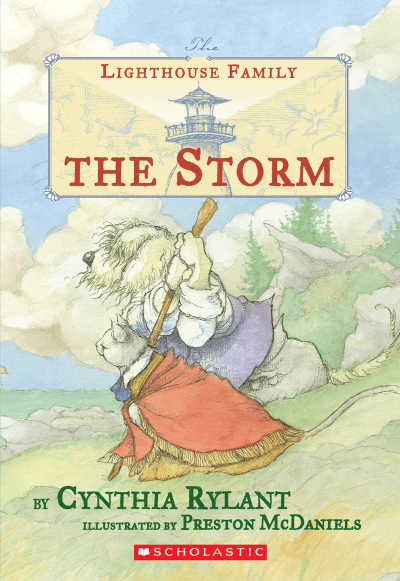
Text: The Lighthouse Family: The Storm by Cynthia Rylant
Target word: desolation
Teacher says: If any of these word pictures are examples of desolation, make the ASL letter “d” and hold it up. If they are not examples of desolation, do nothing.
- A city that has been abandoned with no one living in it
- Someone is lost in an enormous desert
- You are at the grocery store with your family
- When your very best friend moves away
- A birthday party where everyone you love is there
- Farmland after a drought that lasts ten years
- When you are the only one not invited to a birthday party and you’re home alone while everyone else is there
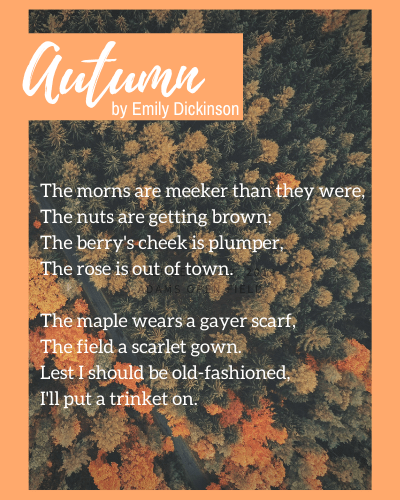
Text: Autumn by Emily Dickinson
Target word: meek
Teacher says: “If any of these are examples of being meek or meekness, whisper ‘meek’. If they are not examples of being meek, say ‘no’ really loudly.
- The teacher was very patient when the student was yelling.
- The ferocious dog was barking loudly.
- The parents sat and listened quietly while the toddler threw a tantrum.
- The ox turned whatever direction the farmer steered it.
- The lawn mower plowed over the grass, leaving it completely flattened.
? Fourth & Fifth Grade Examples
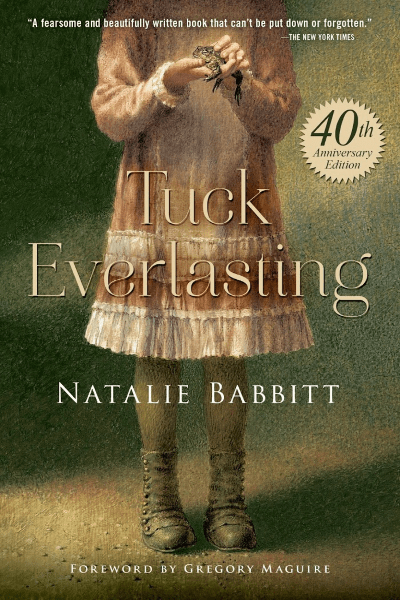
Text: Tuck Everlasting by Natalie Babbitt
Target word: peculiar
Teacher says: “If any of the things I say seem like something that is ‘peculiar’, say ‘peculiar’. If it’s not peculiar, shake your head no.”
- A ring made of an extremely rare gemstone
- Someone wearing a bathing suit to a wedding
- Potatoes
- Refusing to open presents on your birthday
- Finding a bunch of fish in the ocean
- Someone acting completely differently from how they normally act
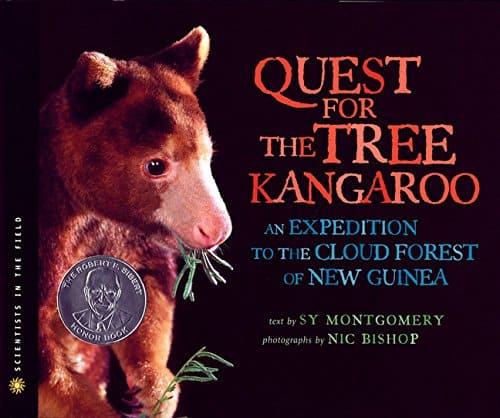
Text: Quest for the Tree Kangaroo by Sy Montgomery
Target word: expedition
Teacher says: “If I’m describing something that could be considered an expedition, stomp your feet. If it’s not really a good example of an expedition, do nothing.”
- Exploring a remote land to uncover an ancient civilization
- Walking your normal route to school
- Wandering in the desert with no real purpose
- Diving to a coral reef with a group of marine biologists to measure the health of coral
- Journeying to an island to interview the oldest living person on Earth
- Going to the grocery store
? Sixth through Eighth Grade Examples
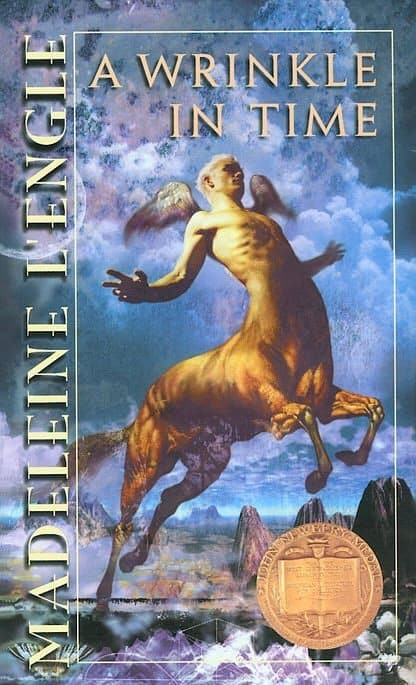
Text: A Wrinkle in Time by Madeleine L’Engle
Target word: frenzied
Teacher says: If the behavior I describe might be described as frenzied, say “frenzied”. If it’s not frenzied, say, “not”.
- A pack of wild wolves devour a dead animal
- The most popular and hard-to-find toy of the year is on major sale and the store just opened
- A picnic by a stream
- Sniffing a blossoming roses
- Applause after an amazing concert by a popular band
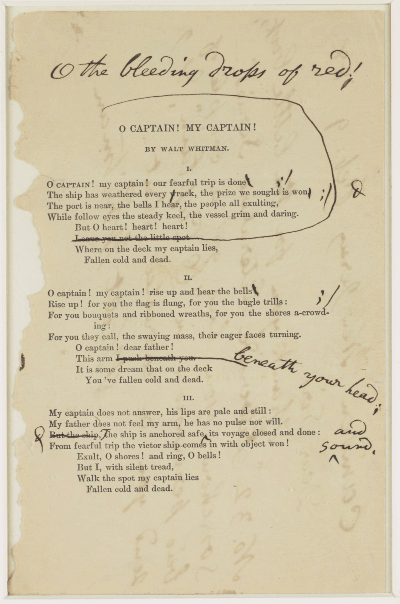
Text: O Captain! My Captain! by Walt Whitman
Target word: exulting
Teacher says: “If the things I describe could be considered exulting or exultant, whirl your index fingers in the air. If not, tap the pads of your index fingers together.”
- The Olympic gold medalist pumps her fist on the medal stand
- The child apologizes to his friend
- The birds singing in the trees in the morning after a storm
- The student celebrating a really great grade on a test
- A bully who humiliates someone
- Grass that’s been mowed
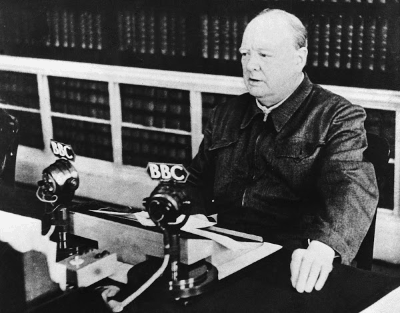
Text: Blood, Toil, Tears and Sweat: Address to Parliament on May 13, 1940
Target word: tyranny
Teacher says: “If the behavior I’m describing could be considered an example of tyranny, put your right fist on your left palm. If not, hold both palms open.”
- being put in jail for a long time for a small crime
- your dad making you eat the dinner he cooked
- a country’s being run by a cruel dictator who controls through brutality and fear
- when recess is cut short because of a fire drill
- not being invited to a sleepover
- a boss not letting workers take lunch
?High School Examples
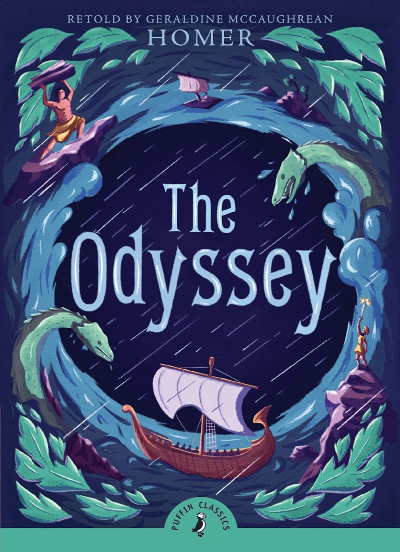
Text: The Odyssey
Target word: irked
Teacher says: “If this would make you feel irked, roll your eyes. If not, say ‘not at all’.”
- finding out you have a sub
- the cafeteria running out of the thing you wanted right before it was your turn in line
- being told an assignment was due on Tuesday but then finding out it was actually due Monday
- having the very end of your favorite song be playing when you turn on the radio
- winning the lottery
- your alarm doesn’t go off

Text: Sonnet 73 by William Shakespeare
Target word: perceive
Teacher says: “I’m going to give examples of the word perceive that are all valid(ish!). I want you to show me by uplifted thumb, sideways thumb, or thumb down how strong of an example it is.”
- She had not yet perceived what everyone else knew: she would be the first to die.
- They knew that they were perceived to be lazy, but they also knew it was part of their master plan.
- Waking up, he perceived it was morning.
- In order to perceive the menu, she squinted her eyes.
- I perceive you do not believe me, yet I know I am telling the truth.
- He perceived as no one else did that this situation was about to go downhill very, very quickly.
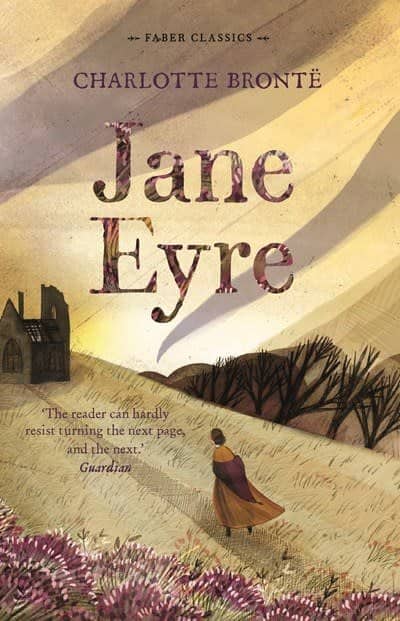
Text: Jane Eyre by Charlotte Bronte
Target word: ameliorate
Teacher says: “If these are things that would ameliorate a situation, say ‘yes’. If not, say, ‘no’.”
- Giving a pencil to someone whose pencil you broke
- Talking with someone who you heard said something bad about you, rather than assuming it was true
- Refusing to accept an apology
- Using your parents’ credit card without permission the day after you get out of being grounded
- Doing the dishes without being asked when your parents were stressed from being called by your teacher
? Wrapping Up
Hopefully, these examples have given you a strong understanding of the Making Choices vocabulary practice activity, and you’ve seen how handy it can be to have in your strategy toolbox.
Low prep? Check!
Works for any grade level? Check!
Easy to explain to students? Check!
Quick to do? Check!
This one checks all of the boxes.
I hope you love using it in your classroom!
? You May Also Like:
- How to Choose Which Vocabulary Words to Teach
- The Vocabulary Categories Relay Game
- Playing with Concept Cubes to Teach Vocabulary
If you would like to be a Vocabulary Luau insider, sign up here & grab your free two-page list of vocabulary question stems. I’d love to have you join the party!????

